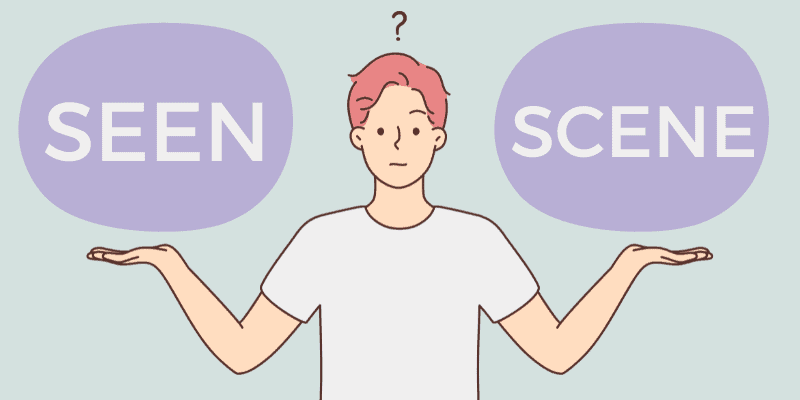Low, lo or lowe
Lo is an exclamation or interjection that means look, see, pay attention. Lo is often rendered as a one word sentence with an exclamation point as the punctuation. Lo is also used in the phrase lo and behold, which means look, see, pay attention. Lo comes from the Old English word lā, an exclamation of surprise or joy. Low means 1.) close to the ground 2.) not high in elevation 3.) shallow 4.) of inferior quality, quantity, value 5.) lacking …


